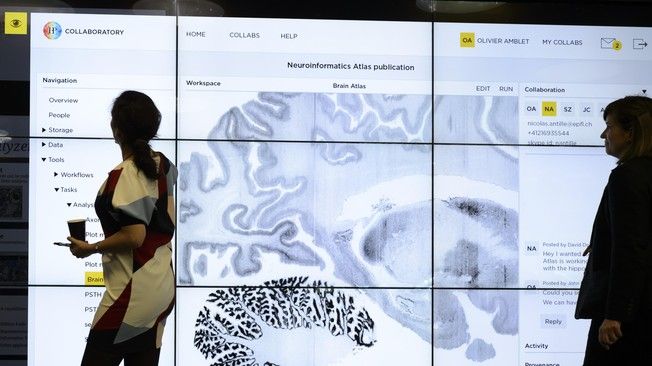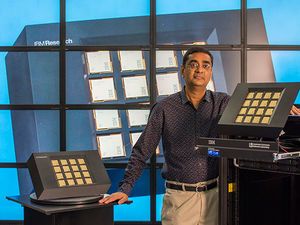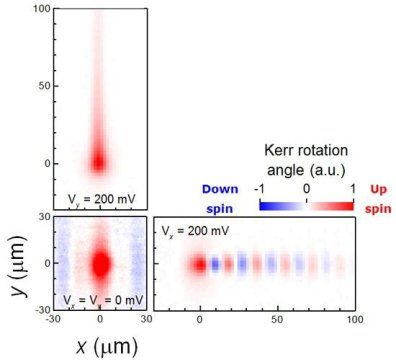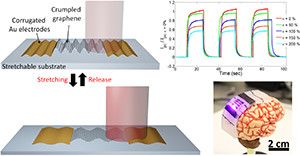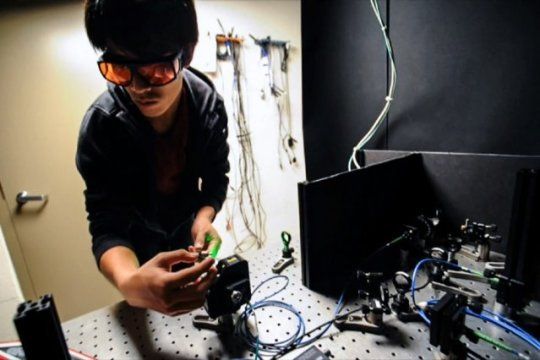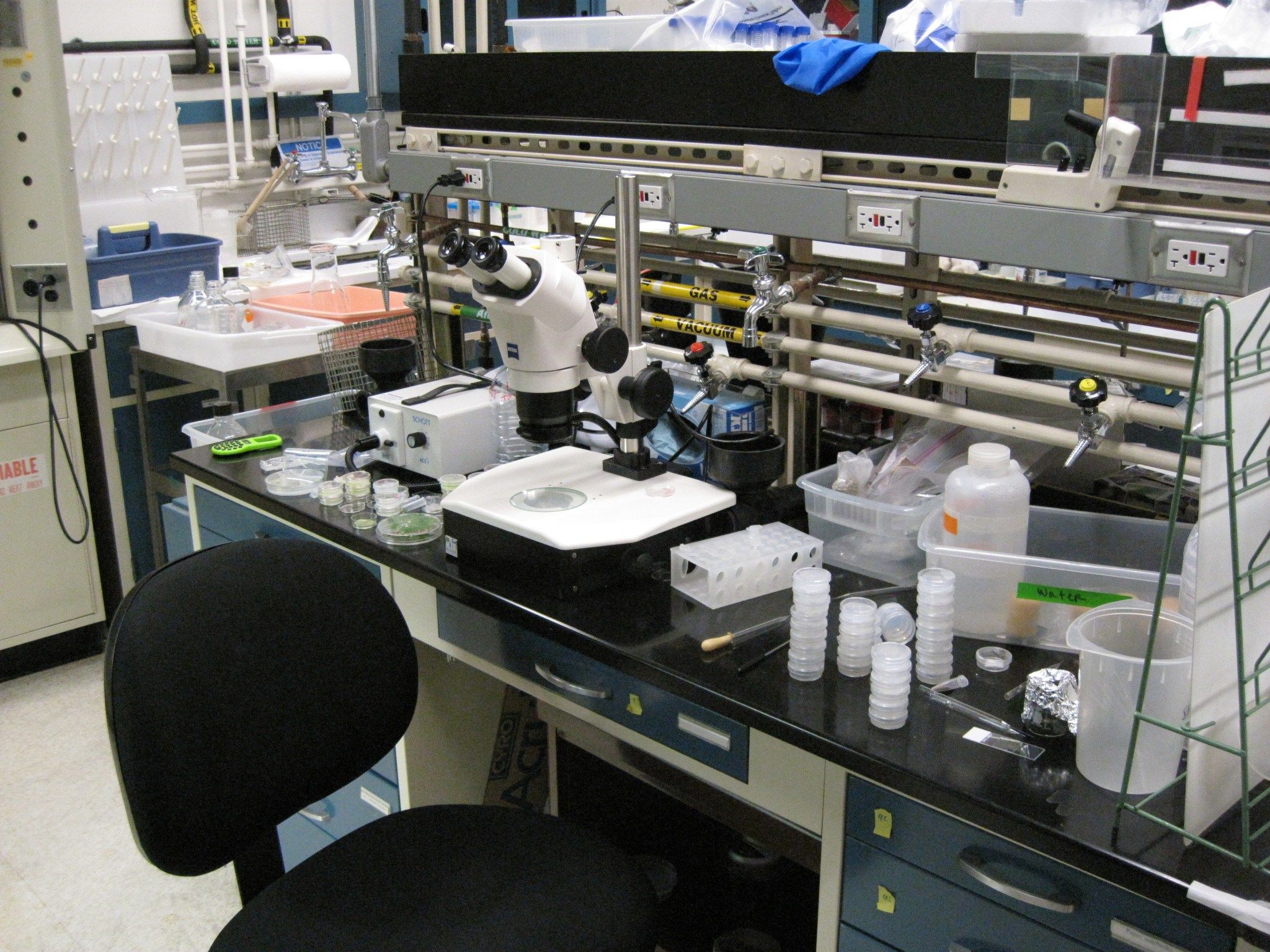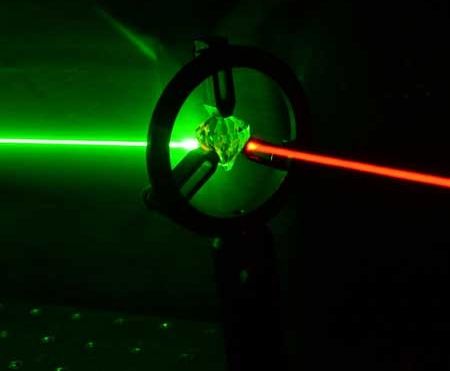Apr 7, 2016
Human Brain Project’s Research Platforms Released
Posted by Shailesh Prasad in categories: biotech/medical, computing, neuroscience
30.03.16 — Public Release of Platforms Will Help Advance Collaborative Research in Neuroscience, Medicine, and Computing
The Human Brain Project (HBP) is pleased to announce the release of initial versions of its six Information and Communications Technology (ICT) Platforms to users outside the Project. These Platforms are designed to help the scientific community to accelerate progress in neuroscience, medicine, and computing.
The Platforms released today consist of prototype hardware, software tools, databases and programming interfaces, which will be refined and expanded in a collaborative approach with users, and integrated within the framework of a European Research Infrastructure. The public release of the Platforms represents the end of the Ramp-Up Phase of the HBP and the beginning of the Operational Phase.
Continue reading “Human Brain Project’s Research Platforms Released” »
